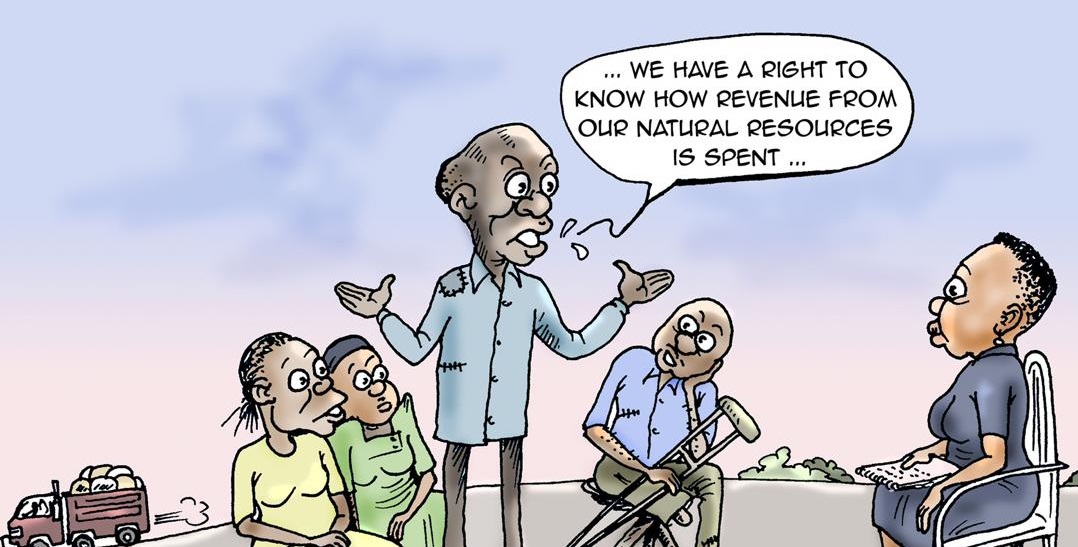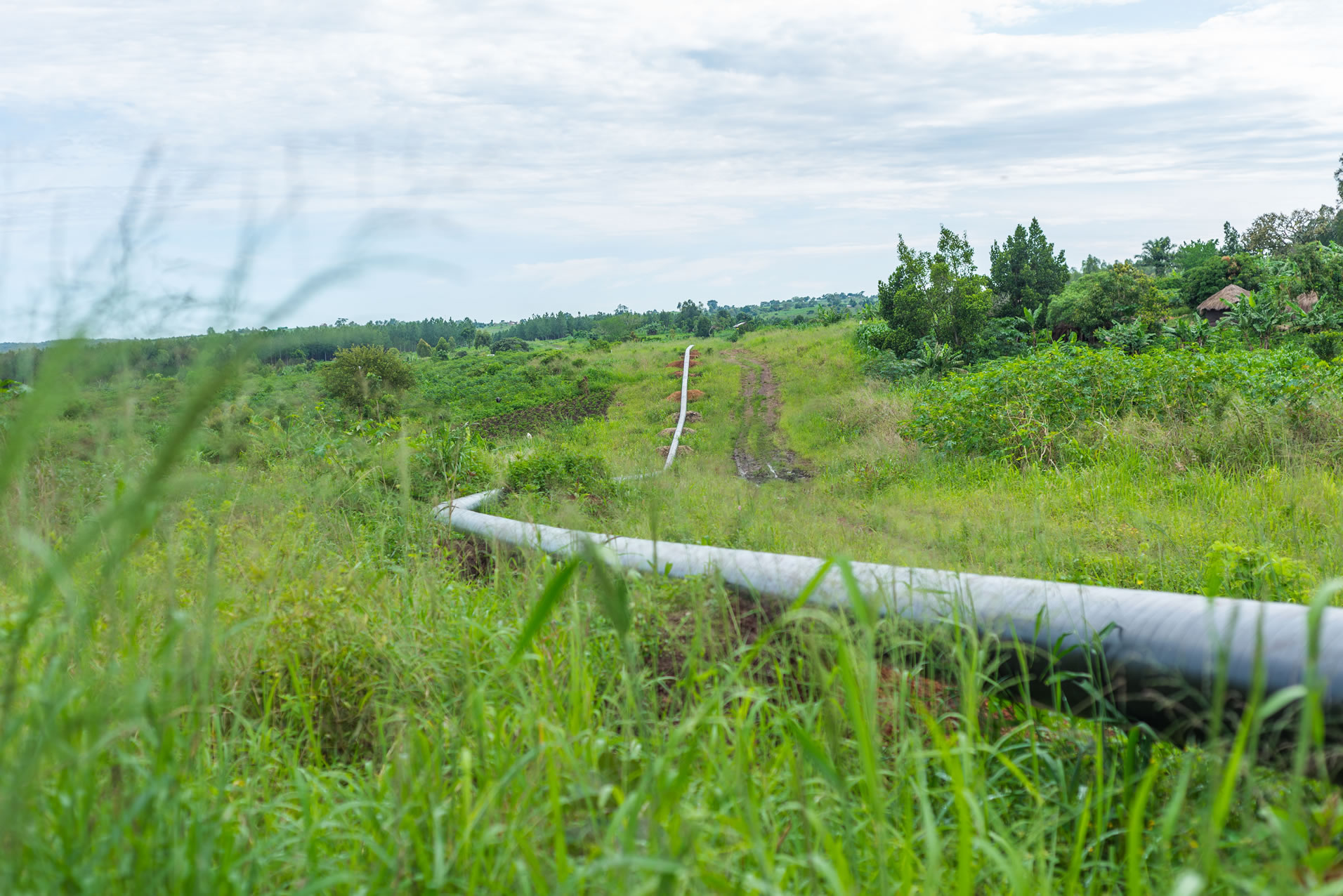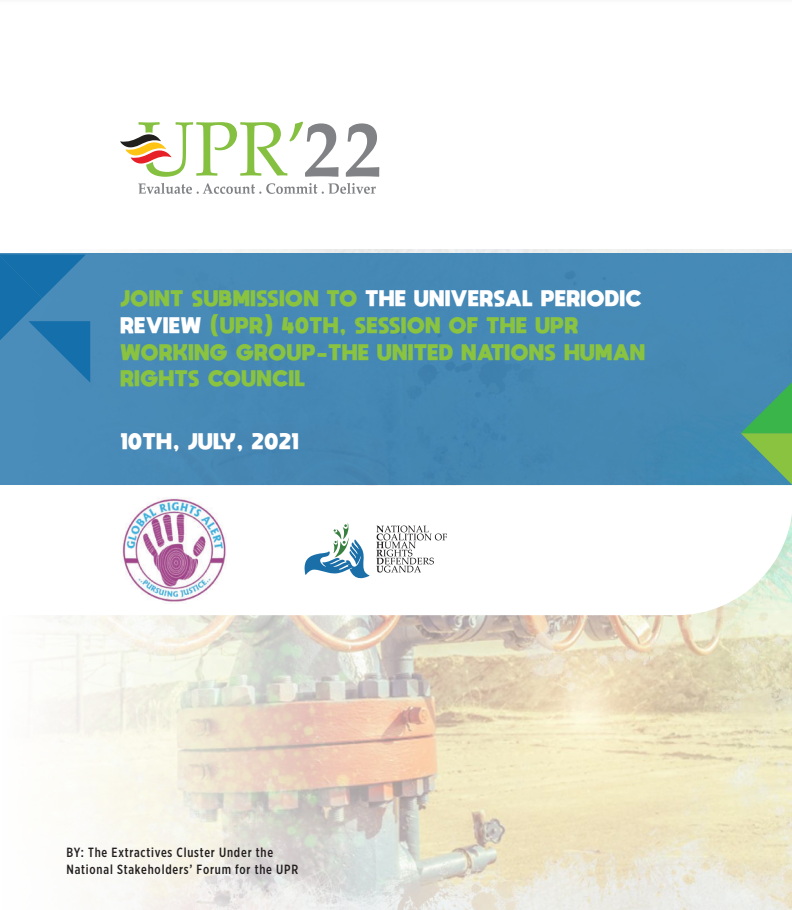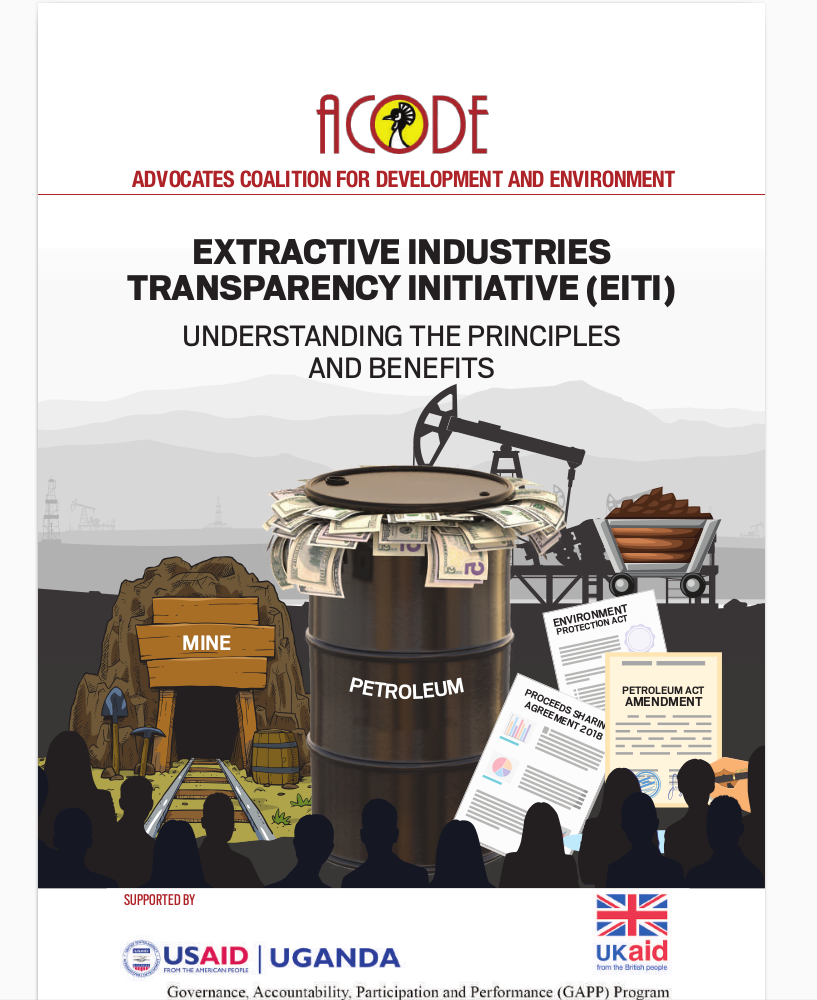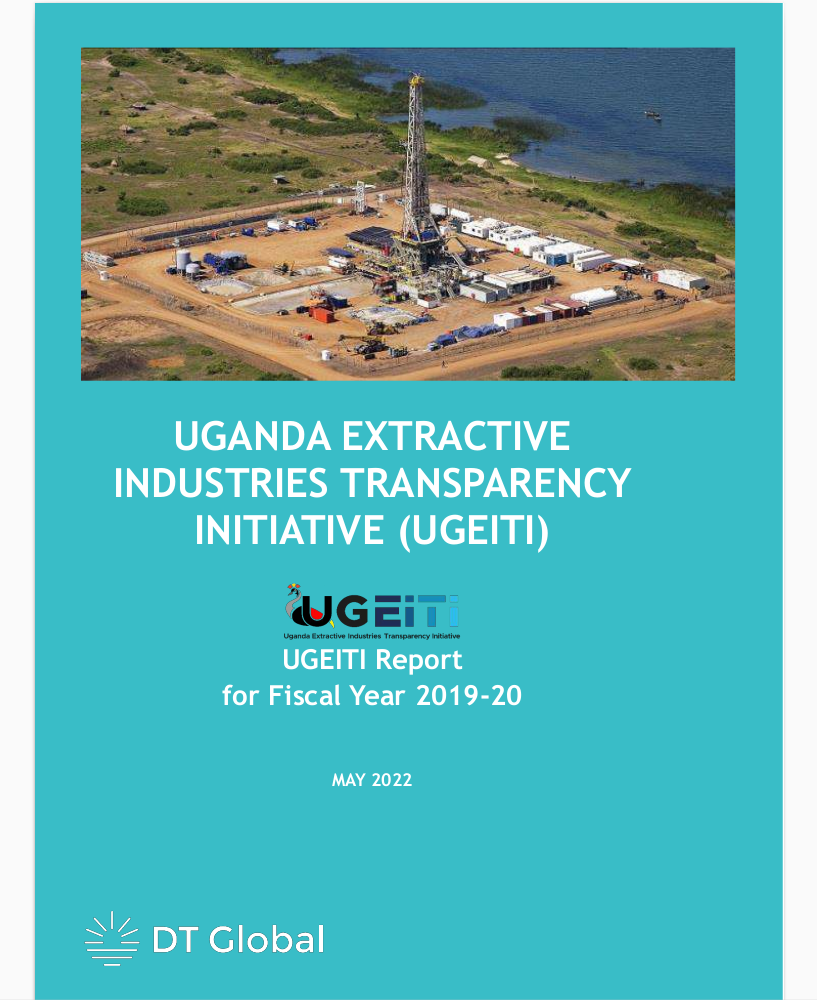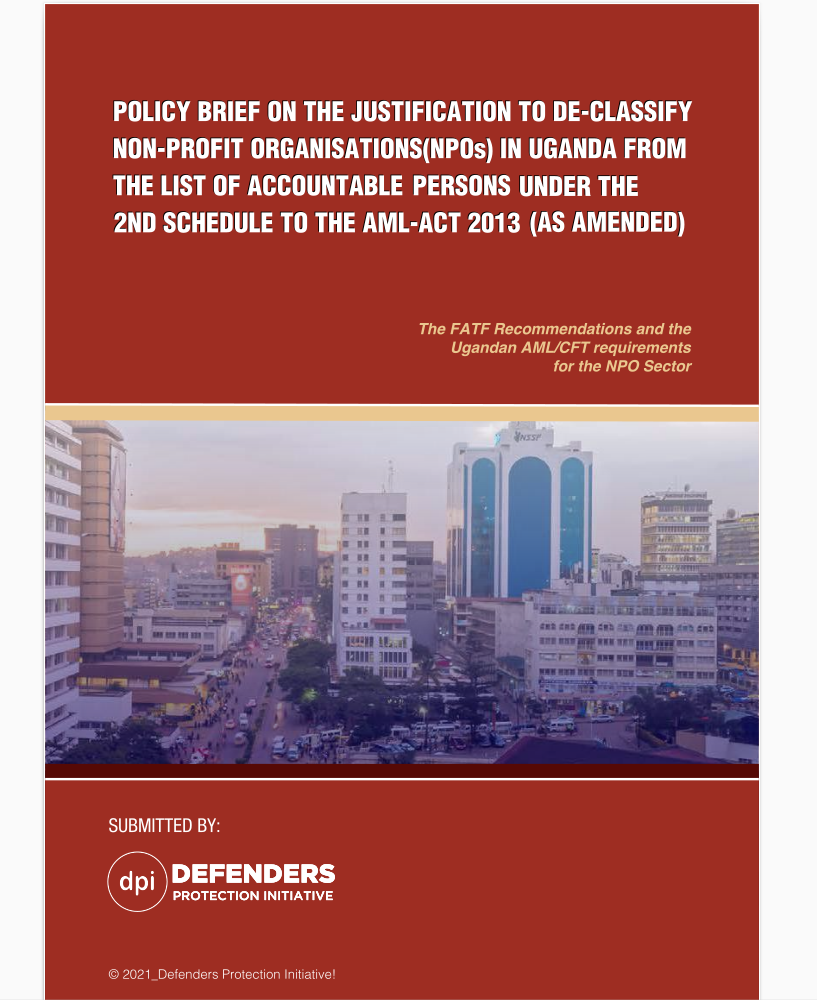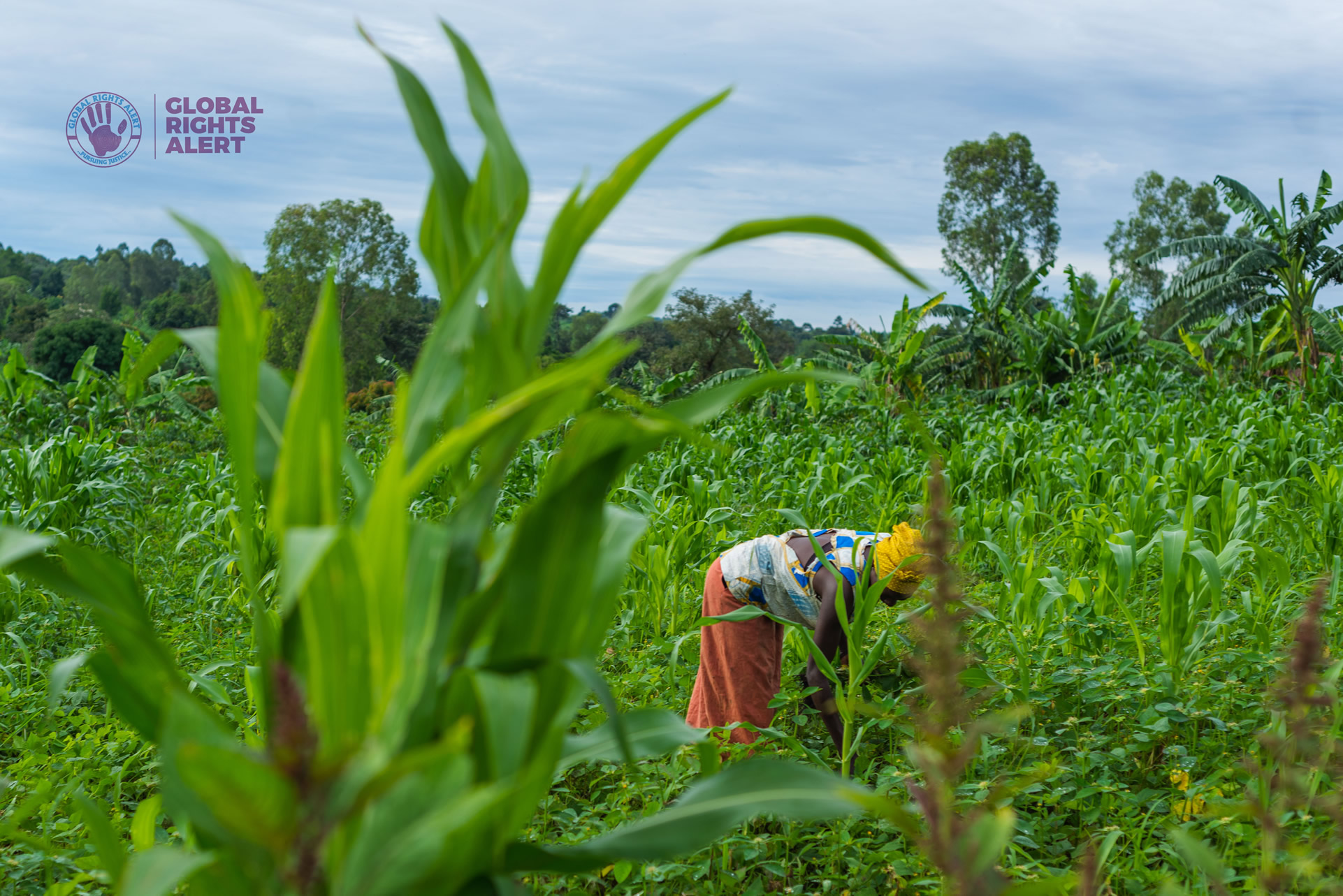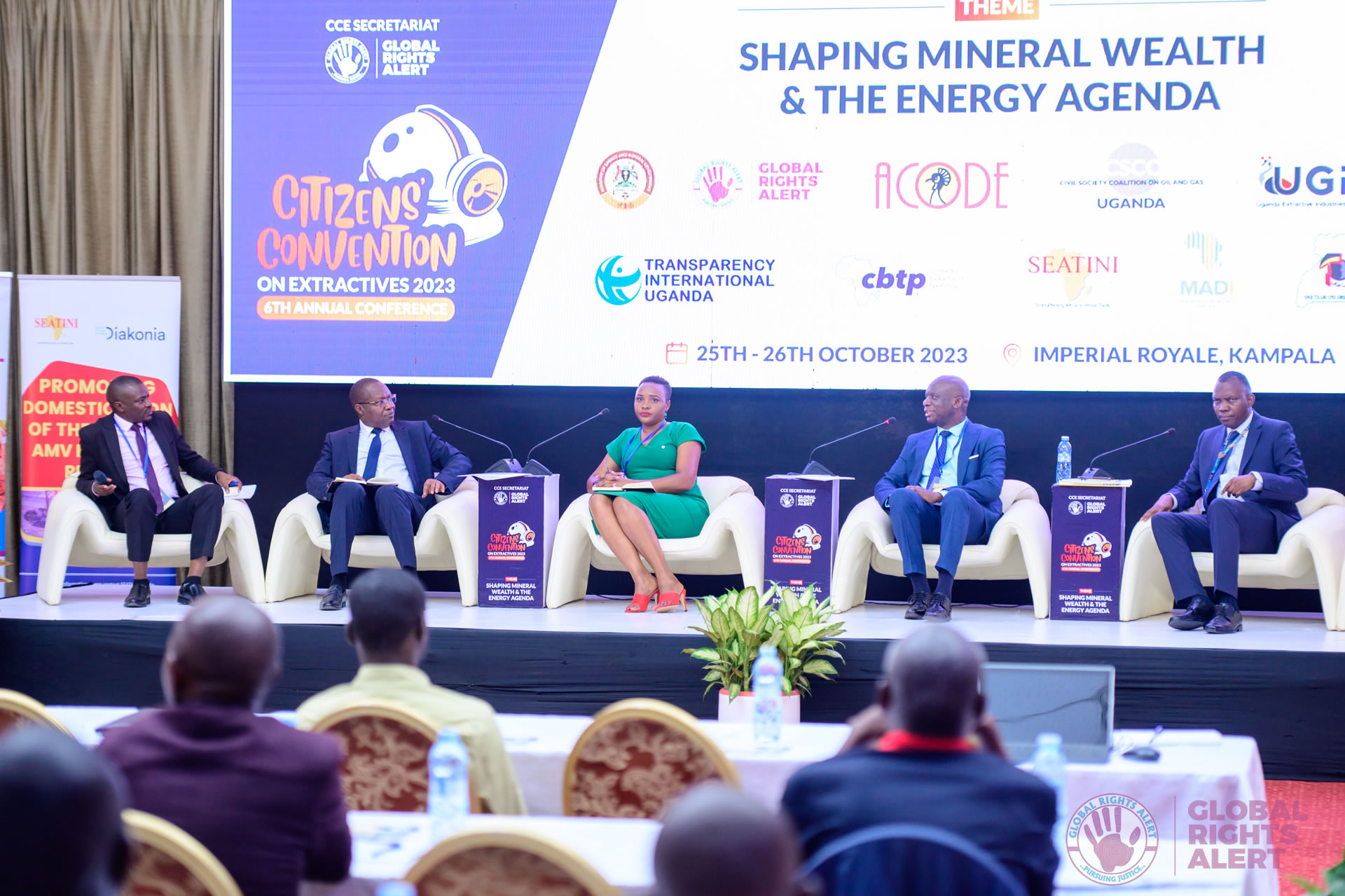The oil, gas and minerals sectors generate significant profits for public and private entities. However, these activities often have a huge negative impact on the environment and human rights. Communities affected by these operations hesitate to report the violations due to these entities' immense power and influence. Therefore, it is crucial to establish accountability frameworks that prioritize citizens' interests and put them first.
Companies and governments operating in the energy and minerals sector are responsible for maintaining transparency and accountability. To ensure this, the Corporate Accountability and Transparency (CAT) programme advocates for adopting and implementing various international, regional and national initiatives for accountability within the oil, gas and minerals value chains. By adhering to these principles and commitments, all stakeholders can benefit equitably. The CAT programme recommends adoption and implementation of established frameworks such as the Extractive Industries Transparency Initiative (EITI), the African Mining Vision, the Mining Policy Framework of the Inter-governmental Forum on Mining, and the Land Policy Initiative of the African Union.
The programme relies on national accountability frameworks to demand complete transparency from duty-bearers to achieve meaningful accountability. To achieve the programme's overall goal, we collaborate with established national and accountability coalitions such as the Civil Society Coalition on Oil and Gas (CSCO) and Publish What You Pay (PWYP).

